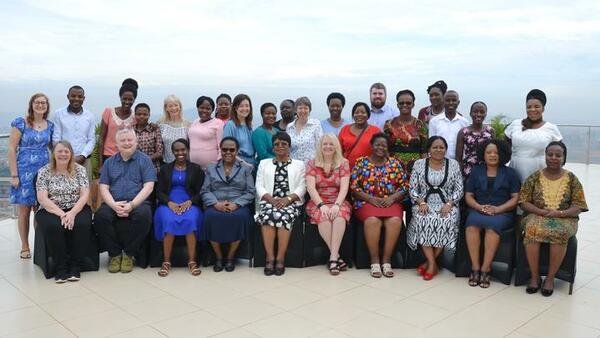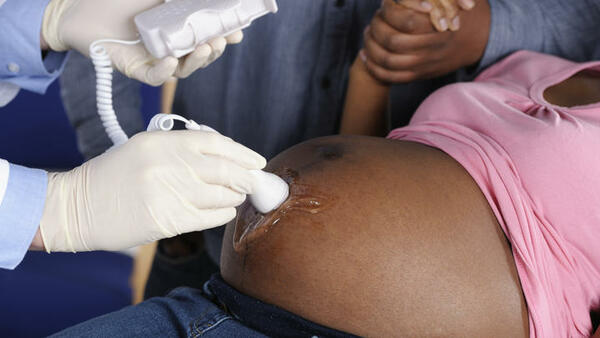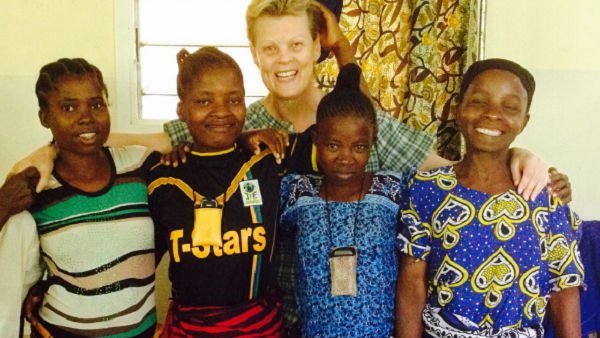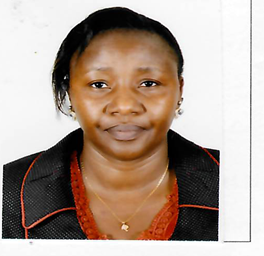
International Day of the Midwife 2022

The Stillbirth and Neonatal Deaths Research Unit at LSTM is the only midwifery led NIHR Global Health group or unit funded to date. This demonstrates significant progress in global health research, whereby the professional group at the forefront of childbirth care is identifying and addressing the important research questions. The team are delighted to be awarded the Unit to work with local communities and stakeholders to find ways of preventing stillbirths and neonatal deaths, and supporting respectful care for women, babies, and families. Not only will this Unit lead to impactful findings, but it will also strengthen the capacity of midwives in the UK and partner countries (Kenya, Tanzania, Malawi, Uganda, Zambia, Zimbabwe, India and Pakistan).
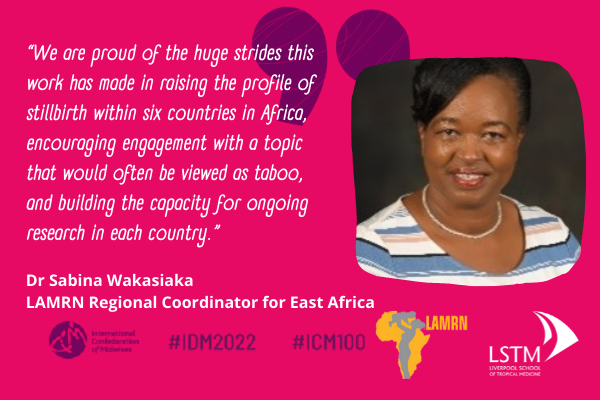
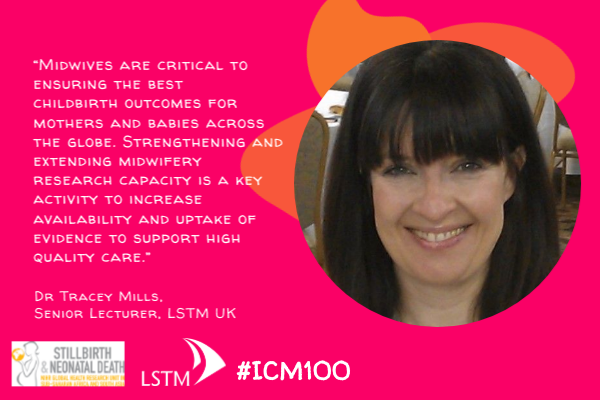 |
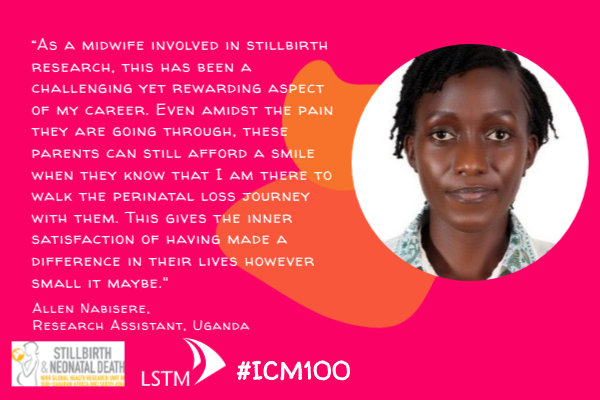 |
LSTM is proud to host the only midwife led NIHR Global Health Research Unit.
Led by Professor Dame Tina Lavender, the NIHR Global Health Research Group on Stillbirth Prevention and Management in sub-Saharan Africa was established in 2017, to research and reduce still births, address the difficulties face in preventing still birth and provide childbirth and bereavement care in low-income settings partnering with the Lugina African Midwives’ Research Network (LAMRN). In 2021, the Group became a Unit. It is the only unit funded by the NIHR that is wholly midwife-led and works to tackle the stillbirth burden which sees around two million babies stillborn every year with around 98% of these in low-income settings and two thirds in Africa.
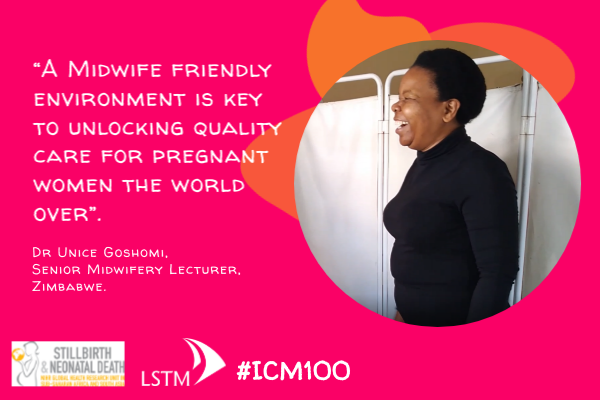 |
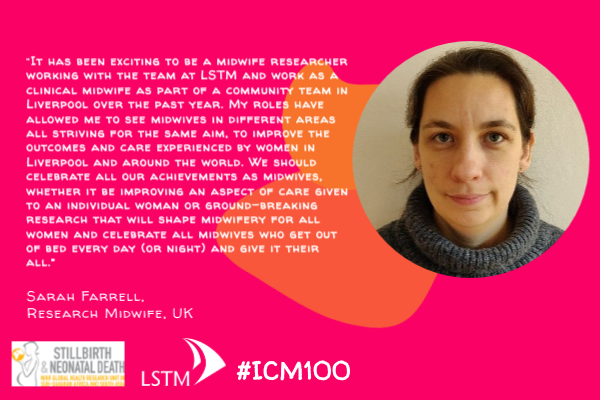 |
New Midwifery Educator CPD programme
Launching on 5th of May 2022 is the self-directed component of the Midwifery Educator CPD programme via the World Continuing Education Alliance portal.
This programme has been developed by LSTM’s Quality of Care unit in collaboration with the UNFPA Midwifery branch, and Nursing Council of Kenya, with funding by the Johnson & Johnson Foundation.
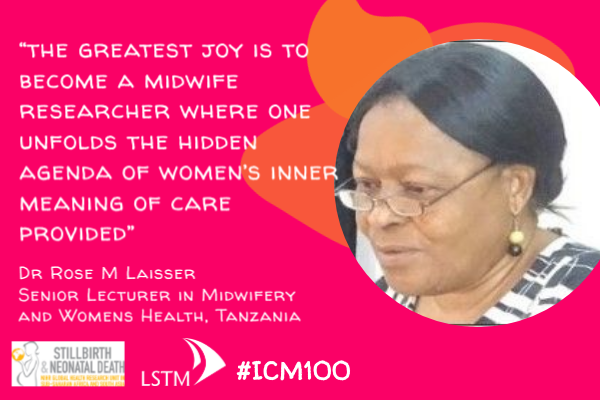 |
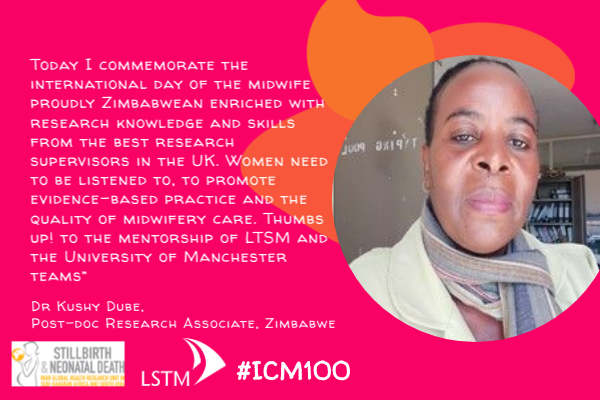 |
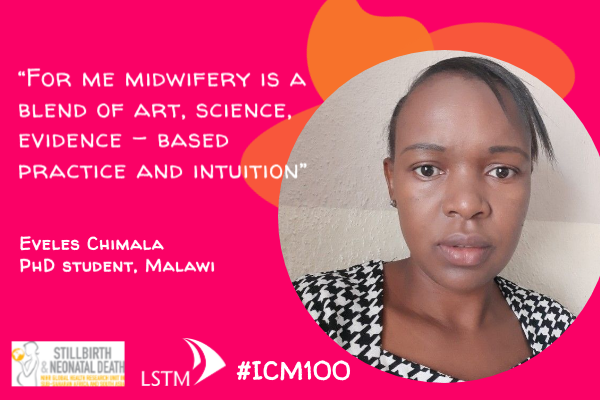 |
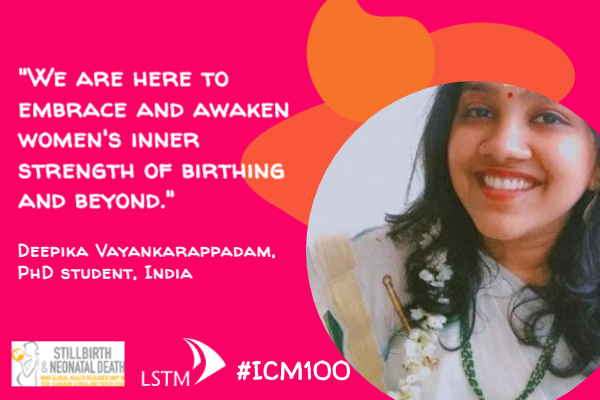 |
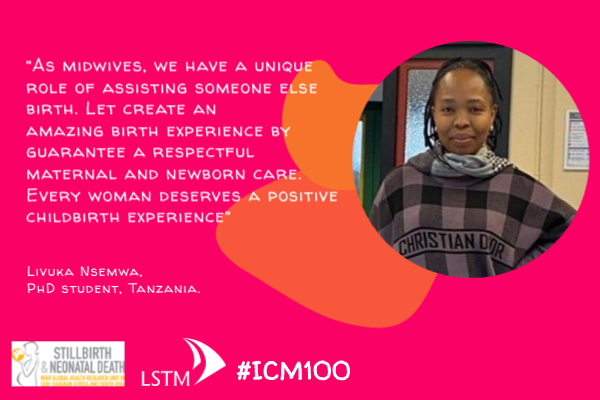 |
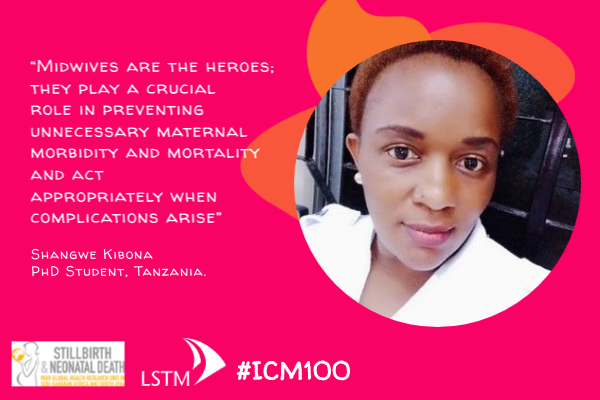 |
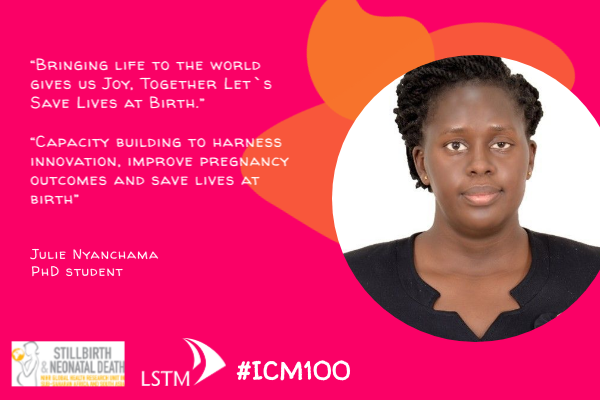 |
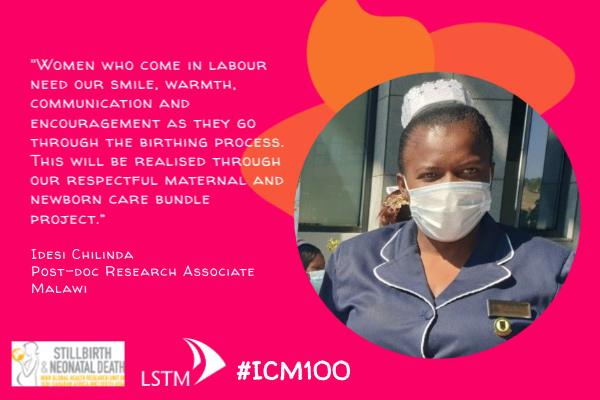 |
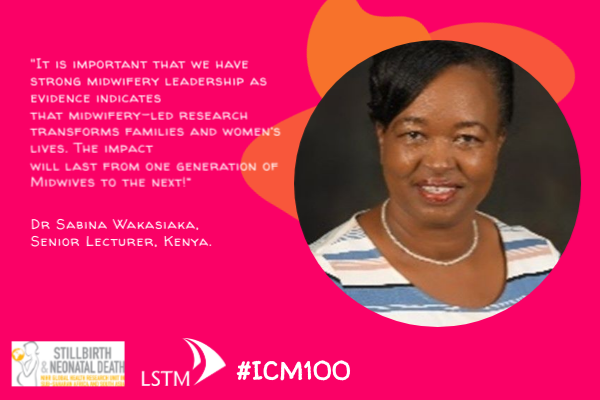
Reflections on International day of the Midwife by Alumna Mrs. Faith Kanini Mutisya
The leading cause of maternal mortality worldwide is hemorrhage accounting for approximately 27% of maternal deaths. Most maternal deaths can be prevented by high impact, low-cost, interventions such as birth by skilled birth personnel such as nurses/midwives, regular supervision, working with appropriate equipment and supplies. They should be able to promptly diagnose obstetric emergencies and urgently refer appropriately (UNICEF, 2022). As a passionate mentor, I lay more emphasis for the student nurses/midwives to be very keen as they learn obstetric care. I argue the faculty and my follow mentors to embrace regular supervision of student nurse/midwives to bring out a competent workforce.
Reference: UNICEF (2020)https://data.unicef.org/topic/maternal-health/maternal-mortality/ retrieved on 29th April 2022
Mrs. Faith Kanini Mutisya
MSN (International program) BSN (AKU) KRCHN
EmONC (CD, QA, SS, TOT,) LSTM- Kenya
Deputy Director Nursing Services
MACHAKOS COUNTY- KENYA

